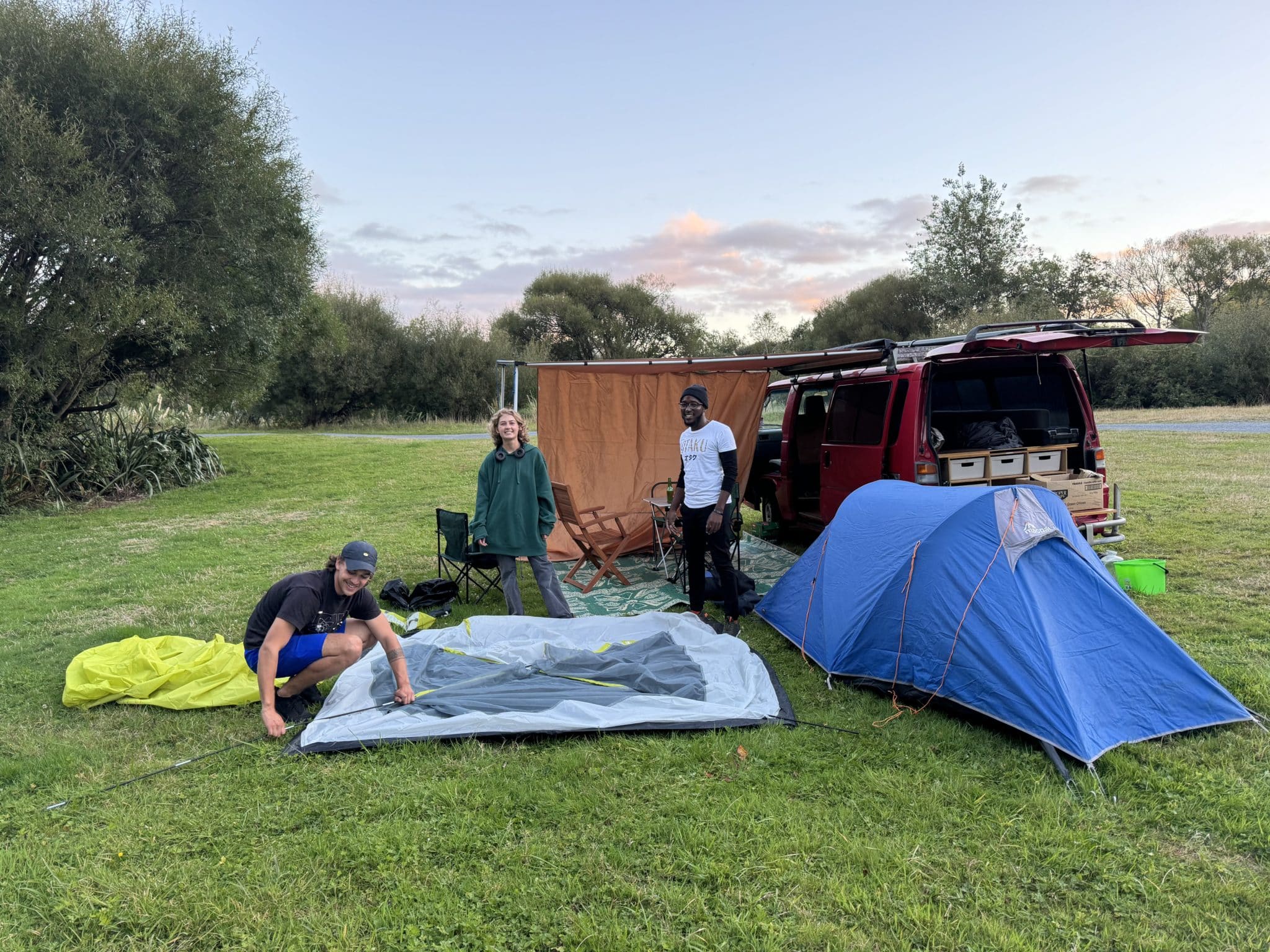If you are a nurse, carer, or family, then you know that communicating with someone who has Dementia can be a challenge. However, with these 5 tips, you can easily overcome any communication barriers and better connect with someone who has dementia. Keep reading to learn more!
5 Tips for communicating with someone who has Dementia
Tip #1 – Attitude & Body language
Dementia robs people’s ability to process information quickly through smell, taste and visuals. What is communicated non-verbally from you is key to aiding successful communication.
It is important to pay attention and read between the lines when dealing with a person who has dementia. Our nonverbal messages often come through more clearly than what we say, so it can be hard for the individual if there are discrepancies in how you present yourself visually versus verbally.
These nonverbal messages are often more important than the words we speak to someone with Dementia. They might seem confused when in reality they just aren’t understanding us because of a change in our tone or language. Communication can be hard for them if you’re not being clear enough with your gestures and.
When we use appropriate body language and facial expressions with people that have Dementia, it helps them clearly understand what we’re saying, and reduces confusion, agitation or anger.

Tip #2 – Limiting distractions
When talking with someone who has Dementia, it’s important not to distract them by bringing too many distractions into the conversation.
For example, if you’re having an argument over something simple like cleanliness of their surroundings and they start getting angry at everyone in sight for no reason, this could be because their mind was already occupied with other things, such as; solving problems or just overwhelmed trying figure out what all these noises were coming from around them.
When a person with Dementia senses are overwhelmed they can have trouble with hearing. This is because the brain doesn’t prioritize what information comes in through our hearing and affects how we process sounds. For an individual with Dementia, audible distractions can quickly lead to feeling overwhelmed and can lead to them becoming confused or angry.
Some practices to follow when looking to limit distractions are:
- Turn off the television or radio before you start to speak to the person with dementia (explaining to them and their family the importance of this).
- Speak clearly and slowly and expect to repeat what you say.
- Be aware of any noises in the home that may be misinterpreted by the person with dementia and may result in hallucinations being wrongly suspected. This may include noise from a neighbouring property, a clock ticking loudly, the central heating system, water pipes when the toilet is flushed or similar sounds that the person no longer recognises and may be frightened by.
- Make sure hearing aids (and glasses) are clean and working.

Tip #3 – Ask simple questions
Respectful communication is key when it comes to asking someone who has dementia questions.
It is important to refrain from asking questions that make them feel like they are being tested. These types of questions can provoke feelings of uncertainty and fear in the individual. These emotions are not helpful for them, or anyone involved and can have a negative impact on their condition.
It is useful to begin a conversation by asking open-ended questions to get the person living with dementia talking. Listen patiently as they elaborate on their thoughts, memories and allow them plenty of time to articulate their ideas. It is important that you remain wary of any questions that prompt confusion or frustration from the person with dementia. If this happens, you should look to promptly change the subject.
One suggestion would be to ask about their interests or needs so that the conversation feels empowering to the individual. They will particularly appreciate the opportunity to pass on personal history and wisdom before it’s too late.

Tip #4 – Active listening
When speaking with a person who has dementia, always make eye contact and try to engage them in conversation. If it begins to seem like they’re getting forgetting what you were saying, do not stop giving them your full attention. Failing to do this could cause the person with dementia to feel disconnected, and lead to confusion or anger.
When you are listening to someone with Dementia speak, you should try not to patronize or ridicule what they say. Try to Acknowledge them even if you don’t understand the answer or if it didn’t make complete sense. You should always try to encourage them to speak more about their answer. This will also give you additional time to work out what they might have meant

Tip #5 – Respond with affection
Dementia changes many things, but not the need for love, affection, and reassurance.
People with dementia still want to feel loved in their lives. Even simple acts like giving them a hug, or telling them they’re doing okay can make all the difference.
Instead of becoming frustrated at the individuals difficulty with communicating, try to laugh together about misunderstandings and mistakes. Laughter truly is the best medicine and can help to relieve tension and bring you closer together. Its important to make sure the person feel like you are laughing with them, and not at them.




